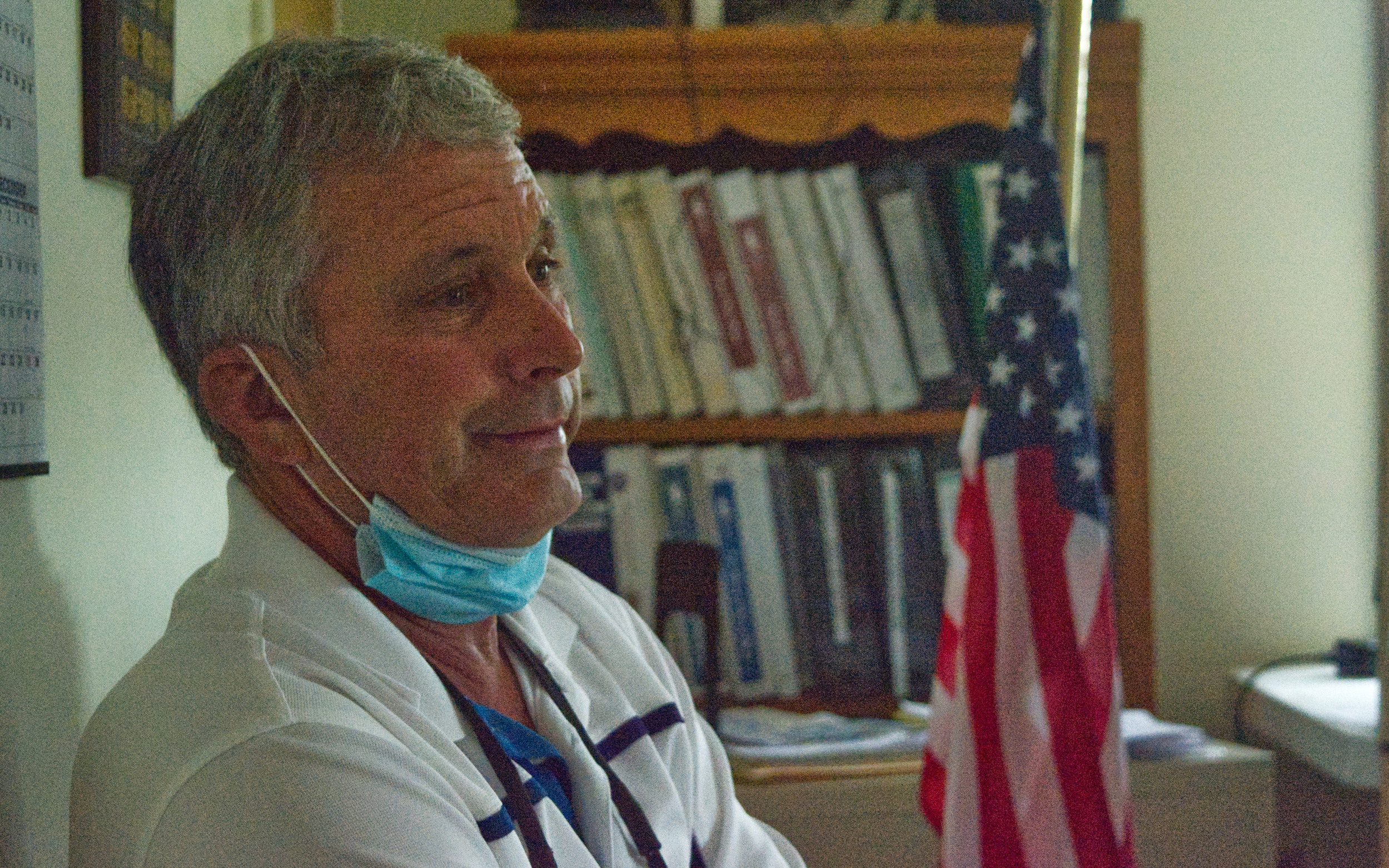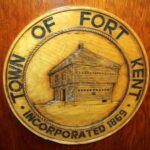
CARIBOU, Maine — The town of Perham is seeking more details on ambulance bills sent by Caribou totaling $2,500. If the bills are not paid, Caribou will terminate ambulance services to the town on Aug. 14.
Without this service, 911 calls from Perham would go to the nearest municipality, which in their case would likely be Presque Isle.
Last year, Caribou City Council agreed to raise ambulance rates to outside communities from $11.50 per capita to $100 per capita, citing shrinking reimbursement rates, overall increases in costs and saying that the rate aligns all communities with what Caribou taxpayers have been paying for the service.
The city offered three options: $100 per capita for ambulance services; $125 per capita for both fire and ambulance services; or a flat rate of $500 per call if personnel is available, with the caveat that response times may take longer than if they had selected the other options.
The rate increase was criticized by towns served by Caribou as they were initially only given about two weeks notice before their contracts expired. Based on feedback from Perham and other communities, the city extended the contract deadline to March 31.
Perham sought clarification in a June 29 letter asking if Caribou could provide a physical address for the calls being billed, the nature of the calls and if Caribou had refused any calls to Perham.
Caribou City Manager Dennis Marker responded that the city can only divulge this information to a HIPAA-certified representative in the town. He said that while they have not yet refused a call to Perham, they’re not legally obligated to respond without a contract.
Perham questioned how Caribou could bill them without a contract, and Marker said the city has a right to set their own fees and recoup costs for services.
Caribou Mayor Mark Goughan spoke with Perham selectmen about the issue during a July 20 meeting and explained that Caribou officials had decided the best way to manage ambulance department costs was to charge the surrounding communities what Caribou residents pay.
He also acknowledged that Caribou initially did not give surrounding towns enough time to make a decision.
“Once it was pointed out to us we tried to back it up as best as we could,” he said, “but I’m going to acknowledge that it was a grave error.”
Perham Selectman Mark Ehlermann said he and other town officials called municipalities throughout Aroostook County about their ambulance rates, and found that the average is approximately $11 to $15 per capita.
He added that the town found that the ambulance service would cost Caribou residents roughly $50 per capita, not upward of $100.
“We’d like to enter a contract, but this doesn’t seem like a contract — it seems like a push to crank up a big chunk of revenue,” Ehlermann said.
Goughan said the numbers he and the council used showed Caribou taxpayers paying roughly $122 per capita, and asked the selectmen what numbers they were basing their calculations on. The Perham board said they were using 2020 numbers. Goughan said Caribou used the actual budget numbers from 2018, which were the most recent data they had available when making its decision.
Ehlermann asked if Caribou was billing Mainecare for each of the calls. Goughan said the city did not, and the selectmen said that they are required to by law. The mayor said he was told that the city could not double bill.
“You can’t say you’re not going to bill the state agency responsible for paying and instead foist that upon these towns with no legal foothold at all to do so,” Ehlermann said. “There’s already a mechanism in place to pay these bills.”
He said any Perham resident with an ax to grind could bankrupt the town in a month by calling 911 every day.
“At $500 bucks a day, we’d be broke,” Ehlermann said. “There are no controls on this whatsoever based on the contract we were given.”
Selectman David Heald thanked the mayor for coming out, and showed him a copy of the town’s bill, which included one line with a bill for “ambulance runs,” a date and an incident number.
With few details provided, he said Caribou could hypothetically drive to Perham and back, then charge the town $500 and “pick an incident number out of a hat.”
He said the town is asking for more information before moving forward, and that Perham does have a certified individual in the community who is able to receive these details.
Goughan said he would be in favor of providing more information to that person.
Chairman John Rasmussen suggested that Caribou’s attorney look over the city’s correspondence with Perham in regards to executive orders laid out this year.
“You have threatened to totally remove the town of Perham from your ambulance service during a pandemic,” he said. “There are specific rules and state statutes that this covers — one prime example being profiteering in necessities. I strongly recommend you look at that before terminating the town of Perham’s service.”
Rasmussen said the town does not mind paying $500 per run, but that they need more details about the calls.
The mayor said the decision was made before he or anyone in the council had even heard of the pandemic.
“We did not do this for profit,” he said. “We did not try to take advantage of anybody, and we didn’t know a pandemic was coming.”
He also encouraged Perham to consider collaborating with Caribou and other communities in creating a regional ambulance service, which would be years in the making, but would help all involved if they ever needed to request assistance from the state government.
Perham’s next selectmen’s meeting is scheduled for 6 p.m. on Aug. 3.




